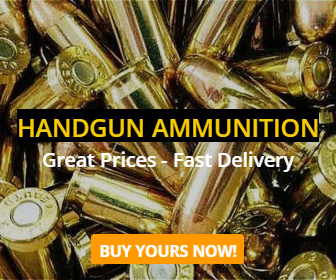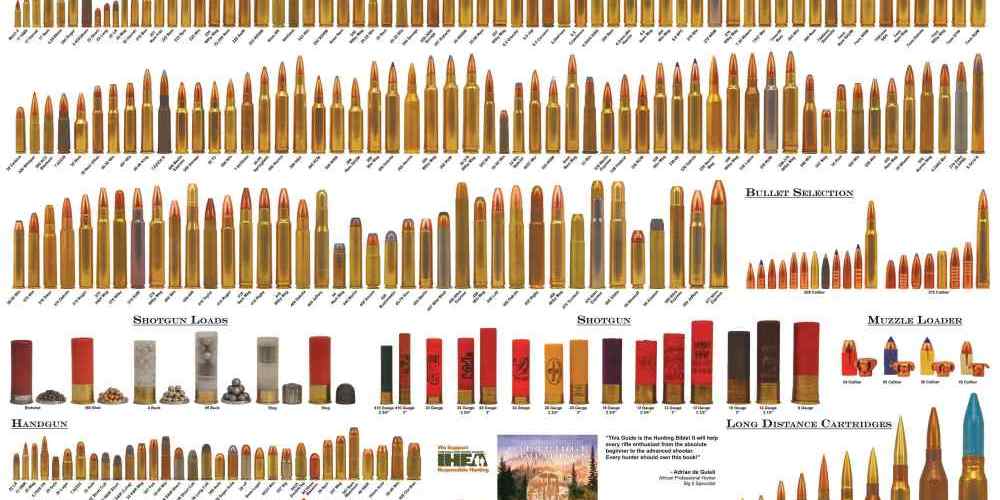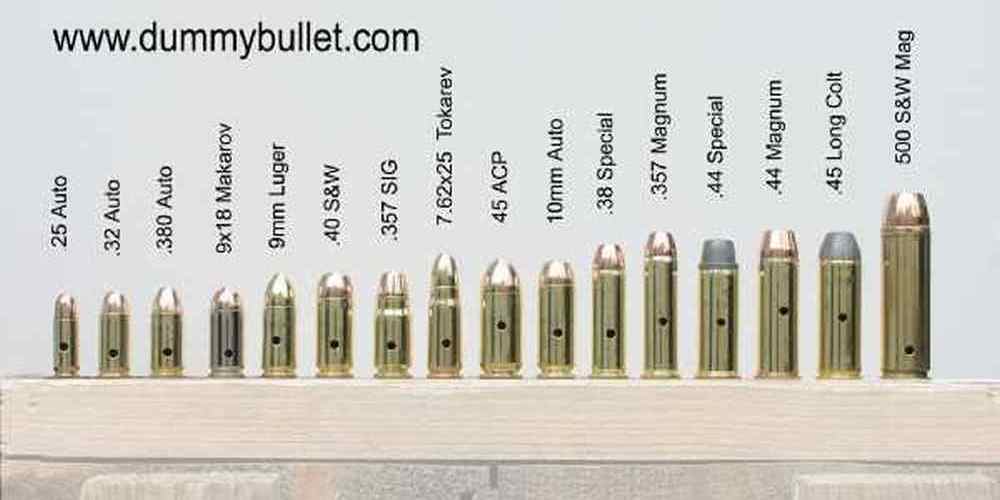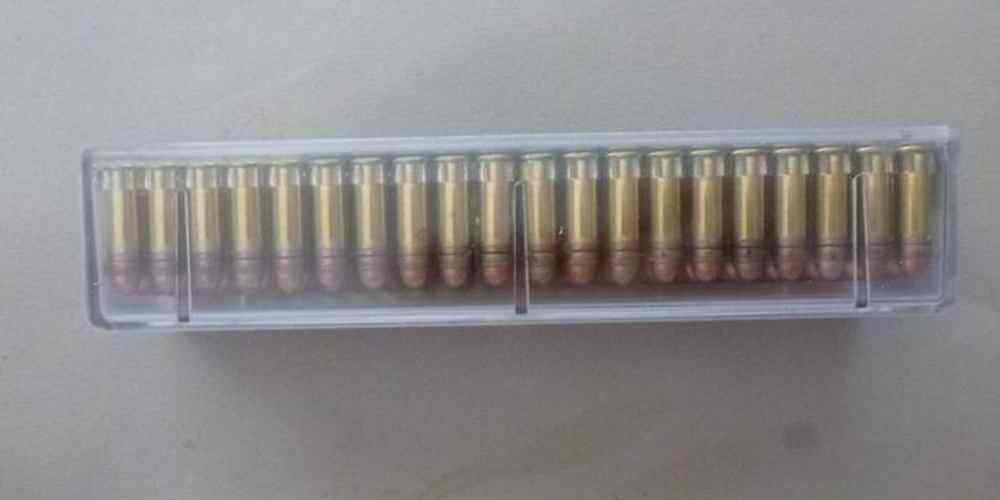Soft Point vs. Hard Cast: Choose the right bullet for your target.
Soft Point Bullets: Pros and Cons
When it comes to choosing the right bullet for your shooting needs, there are a variety of options to consider. Two popular choices are soft point and hard cast bullets, each with their own unique characteristics and advantages. In this article, we will explore the pros and cons of soft point bullets to help you make an informed decision.
Soft point bullets are designed with a partially exposed lead tip, which allows for controlled expansion upon impact. This expansion creates a larger wound channel, increasing the likelihood of a quick and humane kill. Soft point bullets are commonly used for hunting medium to large game, as they are effective at delivering energy to the target while minimizing the risk of over-penetration.
One of the main advantages of soft point bullets is their ability to transfer energy to the target upon impact. This energy transfer results in rapid expansion and increased stopping power, making soft point bullets an excellent choice for hunting situations where quick and clean kills are desired. Additionally, soft point bullets are less likely to ricochet or pass through the target, reducing the risk of collateral damage.
However, there are some drawbacks to using soft point bullets. One of the main concerns is their limited penetration compared to other bullet types. Soft point bullets may not be as effective at penetrating thick hides or heavy bone structures, which can result in a less-than-lethal shot. Additionally, the exposed lead tip of soft point bullets can be prone to deformation upon impact, potentially affecting accuracy and terminal performance.
Despite these limitations, soft point bullets remain a popular choice for many hunters due to their reliable expansion and energy transfer capabilities. When selecting a soft point bullet for your next hunting trip, be sure to consider the size and weight of your target, as well as the distance at which you will be shooting. By choosing the right bullet for the job, you can increase your chances of a successful and ethical hunt.
In conclusion, soft point bullets offer a number of advantages for hunters seeking reliable expansion and energy transfer. While they may have limitations in terms of penetration and deformation, soft point bullets remain a popular choice for medium to large game hunting. By understanding the pros and cons of soft point bullets, you can make an informed decision when selecting the right ammunition for your next hunting adventure.
Hard Cast Bullets: Advantages and Disadvantages
When it comes to choosing the right bullet type for your shooting needs, there are a variety of options to consider. One popular choice is hard cast bullets, which offer a number of advantages for certain types of targets. In this article, we will explore the benefits and drawbacks of using hard cast bullets, as well as provide some tips for when they are the best option.
Hard cast bullets are made from a combination of lead and other metals, such as antimony or tin, which are melted together and then poured into molds to create the desired shape. The resulting bullets are extremely hard and durable, making them ideal for shooting at tough targets like steel plates or large game animals.
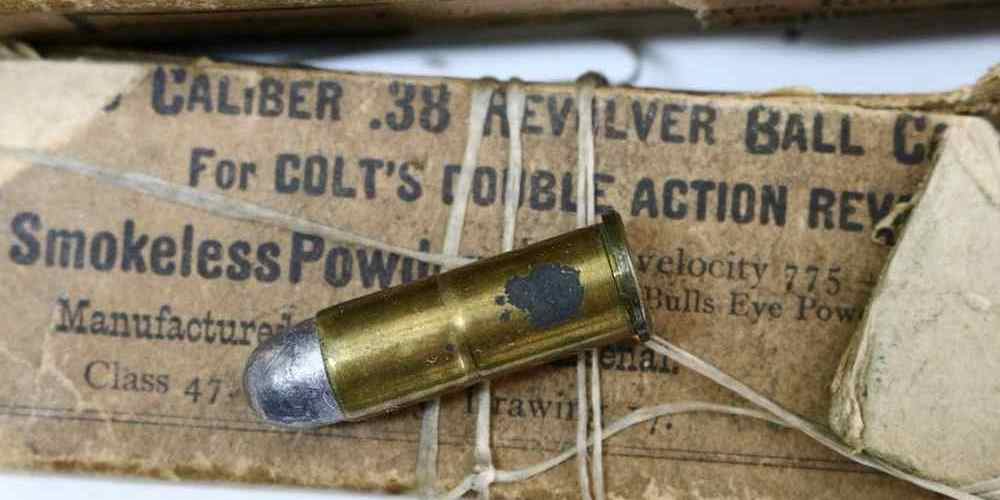
One of the main advantages of hard cast bullets is their ability to penetrate deeply into a target without deforming or breaking apart. This makes them particularly effective for hunting big game, where a clean and ethical kill is essential. Hard cast bullets are also less likely to fragment upon impact, reducing the risk of ricochets and ensuring a more controlled shot.
Another benefit of hard cast bullets is their ability to maintain their shape and weight even at high velocities. This means that they are less likely to lose accuracy or effectiveness when fired at long distances, making them a reliable choice for precision shooting. Additionally, the hard surface of these bullets helps to reduce fouling in the barrel of your gun, leading to smoother and more consistent performance over time.
However, there are some drawbacks to using hard cast bullets that shooters should be aware of. One of the main concerns is the potential for over-penetration, especially when shooting at softer targets like small game or self-defense situations. In these cases, a hard cast bullet may pass through the target without delivering enough energy to stop the threat effectively.
Another issue with hard cast bullets is their tendency to lead fouling in the barrel of your gun. Because these bullets are made from lead, they can leave deposits behind as they travel down the barrel, which can build up over time and affect the accuracy and reliability of your firearm. Regular cleaning and maintenance are essential when using hard cast bullets to prevent this buildup and ensure optimal performance.
In conclusion, hard cast bullets offer a number of advantages for shooters looking to achieve deep penetration and reliable performance on tough targets. Their durability, accuracy, and resistance to fouling make them a popular choice for hunting and precision shooting. However, it is important to consider the potential drawbacks of using hard cast bullets, such as over-penetration and lead fouling, and take appropriate precautions to mitigate these risks. By understanding the strengths and limitations of hard cast bullets, shooters can make informed decisions about when to use them for different types of targets.
Soft Point vs. Hard Cast Bullets for Hunting
When it comes to hunting, choosing the right type of bullet is crucial for a successful and ethical hunt. Two popular options for hunters are soft point and hard cast bullets, each with its own set of advantages and disadvantages. Understanding the differences between these two types of bullets can help you make an informed decision based on your specific hunting needs.
Soft point bullets are designed with a partially exposed lead tip that allows for controlled expansion upon impact. This expansion creates a larger wound channel, increasing the chances of a quick and humane kill. Soft point bullets are ideal for hunting medium to large game, as they deliver maximum energy transfer and penetration. They are also less likely to over-penetrate, reducing the risk of injuring animals beyond the intended target.
On the other hand, hard cast bullets are made from a solid alloy, such as lead or copper, that is harder than traditional lead bullets. This hardness allows hard cast bullets to retain their shape and weight upon impact, making them ideal for hunting tough or dangerous game. Hard cast bullets are less likely to deform or fragment upon impact, ensuring deep penetration and reliable performance in challenging conditions.
When deciding between soft point and hard cast bullets, it is important to consider the type of game you will be hunting. Soft point bullets are best suited for medium to large game, such as deer, elk, and bear, where controlled expansion and maximum energy transfer are essential for a quick and ethical kill. Hard cast bullets, on the other hand, are better suited for tough or dangerous game, such as wild boar, buffalo, or grizzly bear, where deep penetration and reliable performance are critical for a successful hunt.
In addition to the type of game you will be hunting, it is also important to consider the terrain and distance at which you will be shooting. Soft point bullets are generally more accurate at longer distances, as they are designed for controlled expansion and maximum energy transfer. Hard cast bullets, on the other hand, are better suited for close-range shots, where deep penetration and reliable performance are more important than expansion.
Ultimately, the choice between soft point and hard cast bullets comes down to personal preference and the specific requirements of your hunting situation. Some hunters prefer the controlled expansion and energy transfer of soft point bullets, while others prefer the deep penetration and reliability of hard cast bullets. Experimenting with different bullet types and loads can help you determine which option works best for your hunting needs.
In conclusion, soft point and hard cast bullets each have their own set of advantages and disadvantages when it comes to hunting. Understanding the differences between these two types of bullets can help you make an informed decision based on your specific hunting needs. Whether you are hunting medium to large game or tough and dangerous game, choosing the right bullet type can make all the difference in the success of your hunt. So, next time you head out into the field, consider the type of game you will be hunting, the terrain and distance at which you will be shooting, and the performance characteristics of soft point and hard cast bullets to ensure a successful and ethical hunt.
Penetration and Expansion: Soft Point vs. Hard Cast Bullets
When it comes to choosing the right bullet for your shooting needs, there are a variety of factors to consider. One of the most important considerations is the type of bullet you use, as different bullet types are designed for different purposes. Two common types of bullets are soft point and hard cast bullets, each with their own unique characteristics and advantages.
Soft point bullets are designed to expand upon impact, making them ideal for hunting and self-defense. The soft point bullet features a lead core that is partially exposed at the tip, allowing for controlled expansion upon impact with the target. This expansion creates a larger wound channel, increasing the likelihood of a quick and humane kill when hunting game animals. Soft point bullets are also effective for self-defense, as the expansion can help to incapacitate an attacker more effectively than a non-expanding bullet.
On the other hand, hard cast bullets are designed for maximum penetration and are often used for hunting larger game animals or for shooting through barriers. Hard cast bullets are made from a solid lead alloy that is much harder than the lead used in soft point bullets. This hardness allows the bullet to penetrate deeply into the target without deforming or fragmenting, making it ideal for shooting through thick hides or bone. Hard cast bullets are also less likely to be deflected by obstacles such as branches or brush, making them a good choice for hunting in dense cover.
When choosing between soft point and hard cast bullets, it is important to consider the type of target you will be shooting at. Soft point bullets are best suited for thin-skinned game animals such as deer or coyotes, where rapid expansion is desired for a quick and clean kill. Hard cast bullets, on the other hand, are better suited for larger game animals such as elk or bear, where deep penetration is needed to reach vital organs.
In addition to the type of target, it is also important to consider the distance at which you will be shooting. Soft point bullets are generally more accurate at longer ranges, as the expansion can help to compensate for any slight deviations in shot placement. Hard cast bullets, on the other hand, are better suited for shorter ranges where maximum penetration is needed to ensure a clean kill.
Another factor to consider when choosing between soft point and hard cast bullets is the type of firearm you will be using. Soft point bullets are typically used in rifles and handguns with rifled barrels, as the rifling helps to stabilize the bullet in flight and promote expansion upon impact. Hard cast bullets, on the other hand, are often used in revolvers or lever-action rifles with smoothbore barrels, as the lack of rifling allows the bullet to maintain its shape and penetrate deeply into the target.
In conclusion, both soft point and hard cast bullets have their own unique advantages and are suited for different types of shooting scenarios. Soft point bullets are ideal for hunting thin-skinned game animals or for self-defense, while hard cast bullets are better suited for hunting larger game animals or for shooting through barriers. By considering the type of target, distance, and firearm you will be using, you can choose the right bullet type for your shooting needs and ensure a successful and ethical hunt.
Choosing the Right Bullet Type for Self-Defense
When it comes to self-defense, choosing the right bullet type can make all the difference in ensuring your safety. Two common types of bullets used for self-defense are soft point and hard cast bullets. Each type has its own unique characteristics that make them suitable for different targets and situations.
Soft point bullets are designed with a partially exposed lead tip, which allows for controlled expansion upon impact. This expansion creates a larger wound channel, increasing the likelihood of stopping a threat quickly. Soft point bullets are ideal for self-defense situations where over-penetration is a concern, as they are less likely to pass through a target and cause collateral damage.
On the other hand, hard cast bullets are made from a solid lead alloy that is harder than traditional lead bullets. This hardness allows hard cast bullets to penetrate deeply into a target without deforming, making them ideal for shooting through barriers or thick clothing. Hard cast bullets are often used in situations where the target may be behind cover or when shooting at larger game animals.
When deciding between soft point and hard cast bullets for self-defense, it is important to consider the intended target and the potential risks of over-penetration. Soft point bullets are better suited for targets that require rapid incapacitation, such as human threats, while hard cast bullets are more appropriate for situations where deep penetration is necessary.
In addition to considering the target, it is also important to take into account the firearm being used. Some firearms may not be compatible with certain bullet types, so it is essential to consult with a firearms expert or manufacturer before making a decision.
Another factor to consider when choosing between soft point and hard cast bullets is the intended use of the firearm. If the firearm is primarily used for self-defense purposes, soft point bullets may be the better option due to their ability to create larger wound channels and stop threats quickly. However, if the firearm is used for hunting or shooting through barriers, hard cast bullets may be more suitable.
Ultimately, the decision between soft point and hard cast bullets comes down to personal preference and the specific needs of the shooter. It is important to test different bullet types and loads to determine which one performs best in your firearm and meets your self-defense needs.
In conclusion, soft point and hard cast bullets are both effective choices for self-defense, each with its own advantages and disadvantages. Soft point bullets are designed for rapid expansion and stopping power, while hard cast bullets offer deep penetration and barrier penetration capabilities. By considering the target, firearm compatibility, and intended use of the firearm, shooters can make an informed decision on which bullet type is best suited for their self-defense needs. Remember to always practice safe shooting habits and consult with experts before making any decisions regarding ammunition selection.


